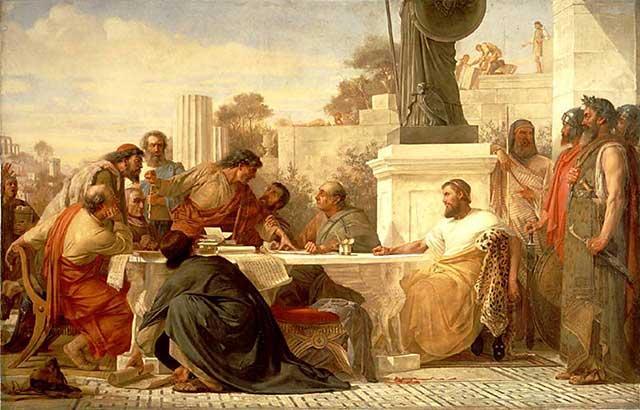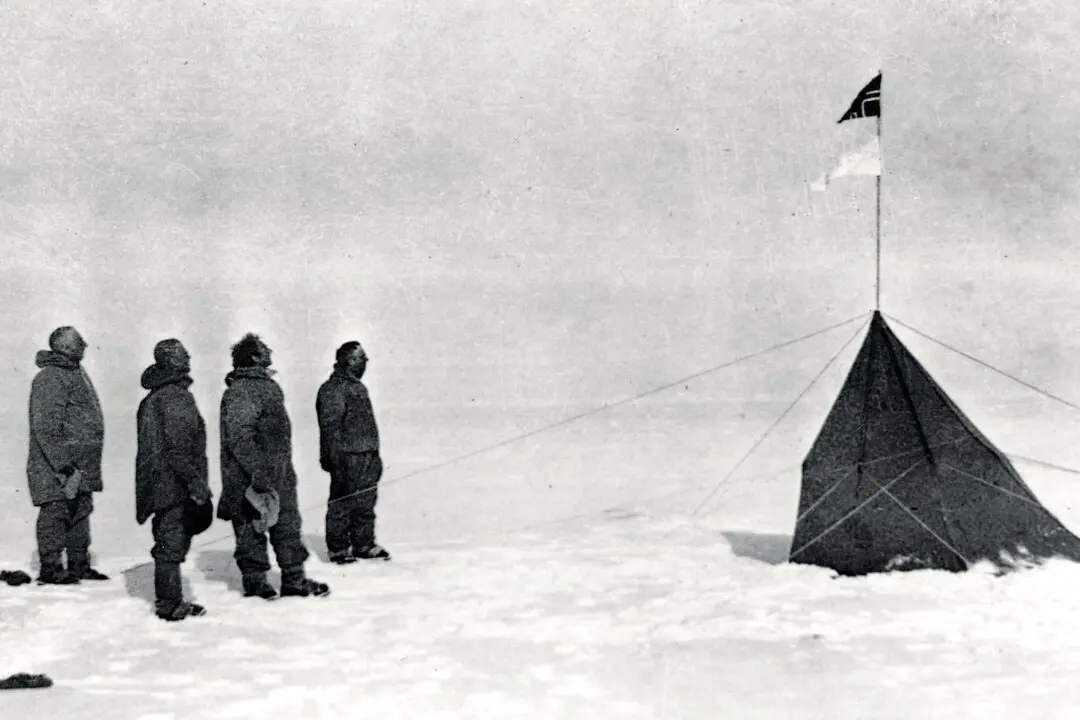Commentary
The 4th century was a very important era in the development of Christianity. After 312, the religion was free from persecution that for centuries had made martyrs of its members who had been burnt alive by Nero, sent to be savaged to death by wild animals on the orders of Marcus Aurelius, or put to the sword by Diocletian. The law now allowed Christianity to be practised openly, with churches able to own property.





